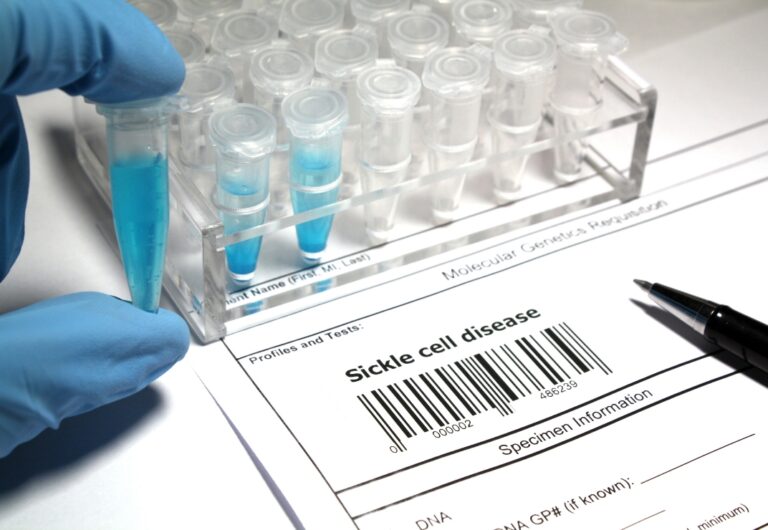Preimplantation Genetic Testing for Aneuploidy (PGT-A)
Preimplantation Genetic Testing for Aneuploidy (PGT-A) is a form of PGT that screens embryos for aneuploidy. Aneuploidy is when an embryo has an abnormal number of chromosomes, which will negatively impact the development of the embryo and increase the risk of failed implantation, miscarriage, or birth defects (including Down Syndrome).

Preimplantation Genetic Testing for Monogenic/Single Gene Disorders (PGT-M)
Preimplantation Genetic Testing for Monogenic/Single-Gene Disorders (PGT-M) is a form of PGT that screens embryos for single-gene disorders. Single-gene disorders are caused by mutations in a single gene and can lead to a wide range of health problems, including genetic conditions such as cystic fibrosis and sickle cell anemia.

Preimplantation Genetic Testing for Structural Rearrangements (PGT-SR)
Preimplantation Genetic Testing for Structural Rearrangements (PGT-SR) is a form of PGT that screens embryos for structural chromosomal abnormalities. Structural chromosomal abnormalities are caused by changes in the structure of chromosomes, such as deletions, duplications, or translocations, and can negatively impact the development of the embryo and increase the risk of miscarriage or birth defects.

Let’s Take the Next Step Together
Our skilled fertility specialists are here to help. Contact us today and let’s discuss the next phase of your fertility journey.
